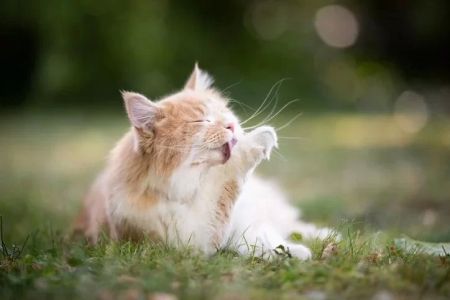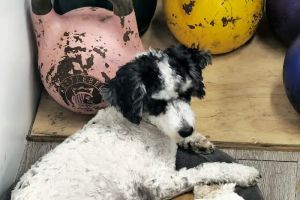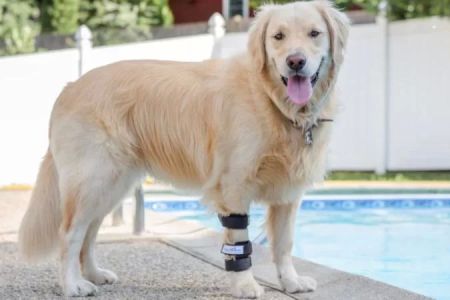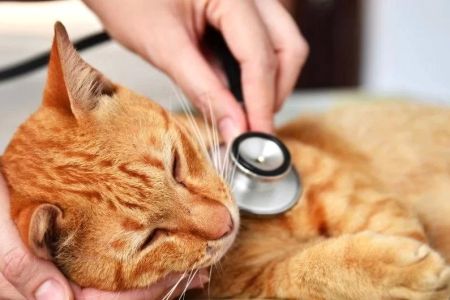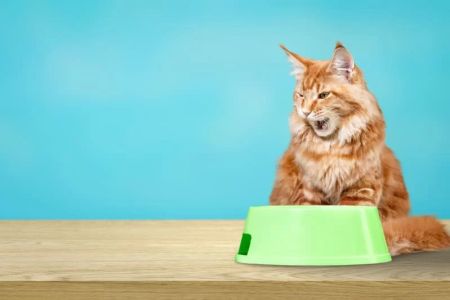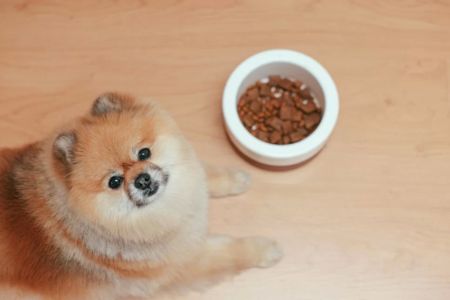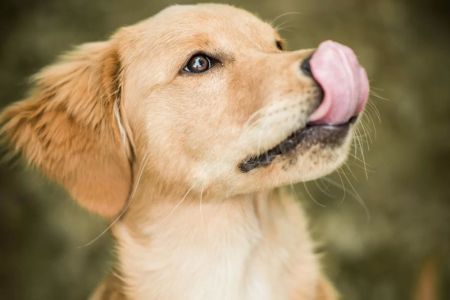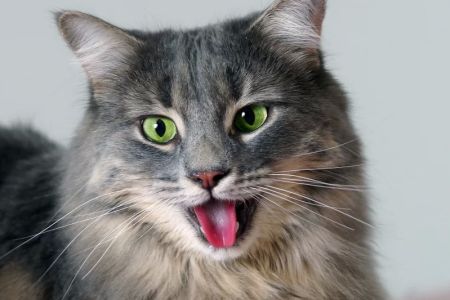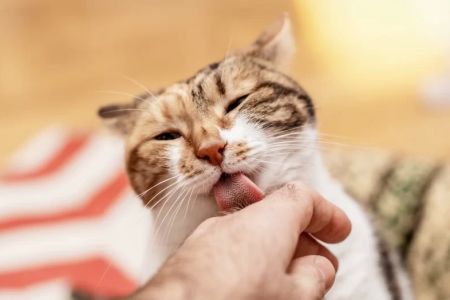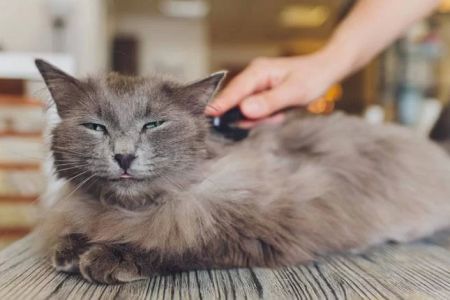Understanding Why Cats Lick Their Paws Excessively After Walks
As a cat owner, I’ve experienced many quirky behaviors from my feline friend, but one particular habit that caught my attention was the excessive paw licking my cat began doing after walks. At first, I thought it was just a regular grooming routine. However, as the days went on, it became more and more frequent, leaving me wondering whether there was something more to this behavior. If you’ve noticed the same in your cat, you might be dealing with an underlying issue that needs attention. In this article, I’ll take you through everything I’ve learned about why cats lick their paws excessively after walks, and how to address it effectively.
What Causes Excessive Paw Licking in Cats?
It’s important to remember that cats are naturally clean animals, and grooming is a vital part of their daily routine. However, excessive paw licking can indicate something more than just a self-cleaning behavior. From my experience, I’ve found that there are a few main reasons why a cat might lick its paws more than usual after walks.
1. Environmental Irritants
One of the first things I considered was whether there were any irritants in the environment during my cat’s walks. Cats, unlike dogs, tend to be more sensitive to the ground they walk on. If the ground is rough, or if there are chemicals like pesticides or salts used on sidewalks, this can irritate a cat's paws, leading to excessive licking. I’ve noticed that after walks in areas where lawn treatments are common, my cat licks her paws more than usual. This could be a sign that your cat is trying to soothe an irritation caused by something it walked on.
2. Allergies
Another possible reason for excessive paw licking that I found in my research is allergies. Like humans, cats can suffer from seasonal or environmental allergies. My cat, for instance, started licking her paws more during spring when pollen levels are high. She also seemed to lick more after walking through areas with heavy grass or flowers. This kind of behavior can be a response to allergens such as pollen, dust, or even mold spores, which can irritate the skin on your cat's paws.
3. Injury or Pain
As I learned more about my cat's behavior, I also considered whether an injury could be causing the excessive licking. Cats will often lick an area that is injured or painful as a natural instinct to comfort themselves. Whether it’s a small cut from sharp stones, splinters from rough paths, or even a sprained paw, I realized that excessive licking might be my cat’s way of addressing pain. If your cat is constantly licking a specific paw, it could be a good idea to check for any visible injuries or swelling. If nothing is visible, a vet visit may be necessary to rule out deeper injuries.
4. Stress or Anxiety
Interestingly, I also learned that stress can contribute to excessive licking in cats. My cat sometimes licks her paws more after particularly stressful walks, like when she encounters other animals or loud noises outside. Stress can trigger obsessive behaviors like excessive grooming or paw licking. If your cat's walks are often stressful, they might start using licking as a way to calm down and self-soothe after the experience.
5. Skin Conditions or Infections
Skin conditions and infections are another potential cause of excessive paw licking in cats. I found that fungal or bacterial infections could lead to irritation, causing a cat to lick its paws obsessively. Common skin problems like flea bites or fungal infections such as ringworm can lead to localized itching, prompting your cat to lick their paws more frequently. If you notice other symptoms like redness, swelling, or bald spots on your cat’s paws, it’s important to consult a veterinarian to get an accurate diagnosis.
How to Help Your Cat Stop Licking Its Paws Excessively After Walks
After understanding the potential causes behind my cat’s paw-licking behavior, I began looking for solutions to help her stop. Here are some of the most effective strategies I found, and they may help you too:
1. Keep Walks in Safe Areas
One of the first things I did was ensure my cat walked on cleaner, safer paths. Avoiding areas where pesticides are used or where there are rough surfaces like sharp gravel can reduce the chances of irritation. Try walking your cat in grassy or dirt paths that are less likely to harm their paws. Additionally, I made sure to clean my cat’s paws after walks to remove any potential irritants or chemicals they might have picked up.
2. Use Hypoallergenic Products
If your cat’s licking is related to allergies, consider using hypoallergenic grooming products or wipes after walks. I started wiping my cat’s paws with an allergy-friendly wet wipe to remove pollen or dust that might be irritating her skin. This simple step seemed to help reduce the need for excessive licking.
3. Regular Vet Checkups
If your cat continues to lick its paws excessively, it’s important to consult with a veterinarian. A vet can check for any underlying medical issues like infections, injuries, or skin conditions. My vet was able to rule out infections and confirmed that my cat’s behavior was likely due to a combination of environmental allergies and stress, helping me address the issue more effectively.
4. Reducing Stress
If stress is the underlying cause of your cat’s excessive licking, try to make walks as calm and enjoyable as possible. Avoid areas with loud noises or other animals that may cause anxiety. Using calming products like pheromone diffusers or anxiety-reducing collars may also help your cat feel more relaxed during and after walks.
Conclusion
Understanding why your cat licks its paws excessively after walks can help you address the issue quickly and effectively. Whether it’s environmental irritants, allergies, injuries, stress, or a skin condition, identifying the root cause will help you take the right steps to help your cat feel better. I found that by making simple changes to my cat’s routine and environment, I could reduce the excessive licking and ensure she was more comfortable after her walks. If the problem persists or worsens, don’t hesitate to seek professional help from a veterinarian to ensure your cat’s health and well-being.

